N2-0128
No. of contract:
Contact:
Areas:
SESAME will tackle the audacious task of automating scientific modeling, facilitating humans and machines in contributing to the pool of scientific knowledge. Set against the backdrop of the on-going revolution in data science and artificial intelligence, where machine learning uses data as the foundation for a wide range of scientific endeavours, SESAME will focus on the synthesis and analysis of scientific models. Such models embody deep knowledge about studied systems and phenomena, can be understood by humans, and used for explanation. In contrast, currently dominant machine learning approaches produce models that cannot explain their thinking, and leave the needs of scientists, whose very enterprise is founded on explanation, fundamentally unmet.
SESAME will directly respond to these unmet needs. Focusing on dynamical systems, it will integrate knowledge-driven modelling that builds explanatory models, and empirical data-driven modelling. It will develop machine learning approaches for model synthesis that will learn models from both data and existing knowledge, as well as for model analysis, seeking to explain model behaviour under different conditions. By doing so, it will alleviate the major bottleneck in science caused by the manual construction and analysis of models.
To achieve its grand goals, SESAME will propose representations for scientific models of dynamical systems, their behaviours, and domain specific modeling knowledge. Model representations will be multi-layered and allow for both human understanding, and precise simulation of system behaviour. They will support annotating, storing and retrieving models, model components, behaviours, as well as model quality criteria, facilitating their reuse and the reproducibility of modeling efforts. The power of the machine learning approaches, based on these representations, will be demonstrated through case studies in challenging application domains.

